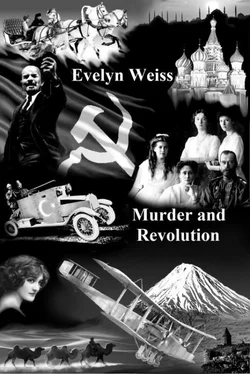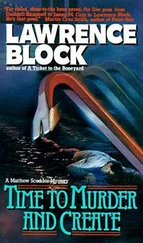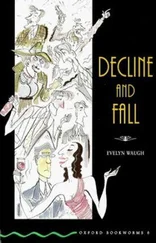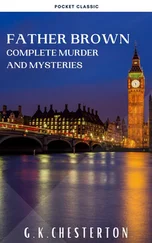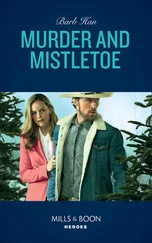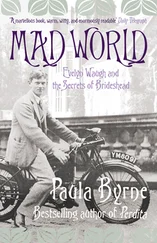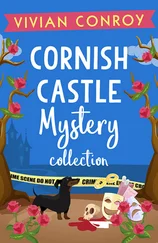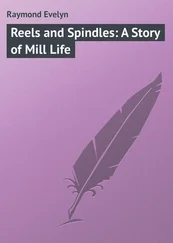“I always said it! Russians are strong swimmers, eh?”
Aristarkhov stares at the distant figure, which is now almost invisible in the blue waters. “Damn you, men! You were supposed to be watching him!”
“Shall we go after him, sir?”
The general glares at the guards. Through all this, Emily and Bukin have stood by silently. But now Mr Bukin speaks, in a quiet, firm voice.
“General – you have Lord Buttermere under arrest. So you have captured your murder suspect. That’s what we came here to do, sir. It seems that Captain Sirko has not done anything wrong.”
Muttering angrily, Aristarkhov leads the way to the boat. I see them moving, a little procession on the sand; Bukin, Emily, the general, the guards, and the unbowed figure of their prisoner.
“Will they execute him, Professor?”
“Anything can happen, Miss Agnes. Lord Buttermere’s fate will depend on political machinations. Not on the rights and wrongs of the case.”
I’m hearing the professor’s words, but they seem to come from far away. I’m hoping against all hope, looking intently among the waves as they rise and fall, but Yuri is nowhere to be seen.
The Russian party’s boat is pushing off from the shore now. Aristarkhov directs, and the guards follow his orders, taking the oars. Lord Buttermere sits calmly and quietly, his bright eyes gazing out at the sea. I can’t see the faces of Emily or Bukin, or guess at what they are thinking and feeling.
The oars move, and the boat rows away from us. As it recedes among the waves, it begins to look blurred through my tears. Soon it’s just a tiny smudge, sitting on the water alongside the silent gray battleship in the distance. In every other direction, the empty sea stretches to a blue horizon. The professor and I are left alone on the beach with the debris of our picnic. Our little boat sits on the edge of the water, rocking gently to and fro, as the waves lap quietly on the sand.
The End
This book is copyright © by Evelyn Weiss. I assert all my legal rights as the author of this book Murder and Revolution, including my right under the Copyright, Designs and Patents Act 1988 to be identified as the book’s author. I reserve all legal rights to myself. No part of this book Murder and Revolution may be reproduced, stored in a retrieval system or distributed or transmitted, in any form or by any means, electronic, mechanical, photocopying, recording or otherwise, without my prior permission.
Russia is a land of stories. This is a work of fiction.
So, I use conventions that are easy for the reader. Place names are in their modern form. For example, St Petersburg was actually renamed Petrograd on the outbreak of war in 1914, in order to sound less Germanic: but I have stuck with the more familiar St Petersburg. Dates of major events, on the other hand, keep with the Russian calendar of the time. In this book, the October Revolution happened in October, not November.
Two of my sources may be of interest to readers who would like to see the backdrops to this story. The paintings of Zinaida Serebriakova and the color photographs of Sergey Prokudin-Gorsky (and indeed, their own life stories) are windows onto a lost world, on the eve of its destruction.
Our present-day society is still learning to hear the voices of victims of abuse and violence. One hundred years ago, Aurora Mardiganian was an extraordinary pioneer of victims’ voices – see, for example, https://auroraprize.com/en/aurora/detail/13250/
2018-aurora-prize-awarded-to-kyaw-hla-aung. Aurora’s story, and others like hers, resonate in the fictional events in the later chapters of the book. But no part of the book purports to be history. All the fictional characters in the book are invented; they bear no resemblance to anyone living or dead, and exist only to entertain the reader. As Marina Beadleston, whose great-uncle was Tsar Nicholas II, said, in the New York Times:
“A total fantasy is fine, so long as somewhere a history book and parents correct it to explain what really happened.”
